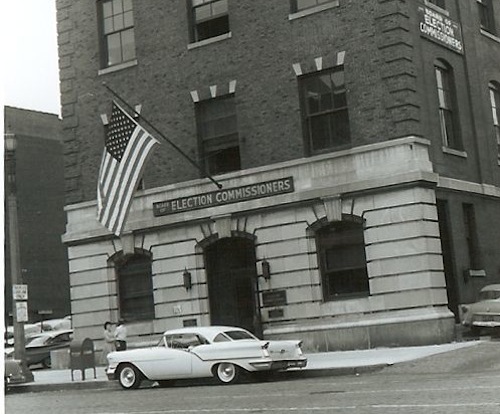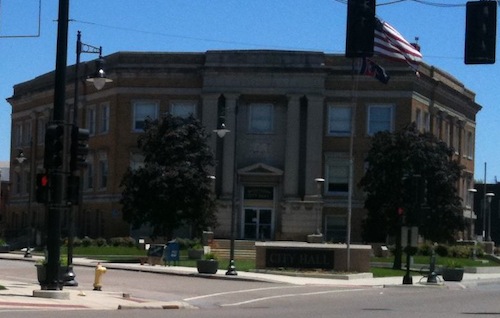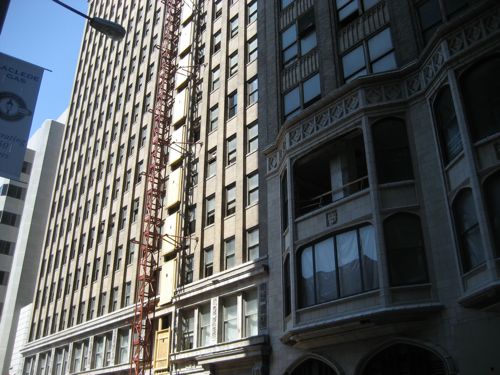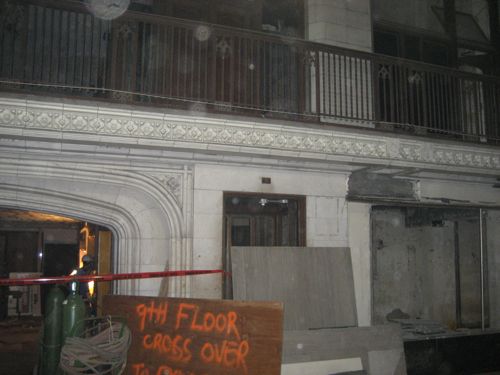Economic Development & Job Creation Tops List For Aldermen
Last week readers selected. from a long list, the issues they’d like to see our 28 aldermen work on in 2011.
Q: What are three issues you’d like the St. Louis Board of Aldermen to address in 2011? (Pick 3)
- Economic development/job creation 80 [18.31%]
- Reducing the number of city elected offices, including aldermen 73 [16.7%]
- Rejoinging/merging with St. Louis County 63 [14.42%]
- The budget – reducing expenses and/or increasing revenue 46 [10.53%]
- New form-based zoning 41 [9.38%]
- Defeating the April ballot measure to repeal the earnings tax. 39 [8.92%]
- Local control of the St. Louis Police 36 [8.24%]
- Ballpark Village 18 [4.12%]
- Homelessness 15 [3.43%]
- Other answer… 11 [2.52%]
- A comprehensive valet ordinance. 8 [1.83%]
- Attracting a pro basketball team to the city 6 [1.37%]
- Create boundaries of one ward so we might see an Asian or Hispanic elected in the future 1 [0.23%]
Not surprising that “Economic development/job creation” topped the list. Â But what does that look like from a body that can pass ordinances? Tax abatement? TIFs?

The 11 other answers were:
- Cannabis reform
- Citywide demolition review
- Making ward boundaries so that neighborhoods are not split among multiple wards
- Cracking down on brick/copper thieves
- taking a long hard look at City education, i.e. investigating admin. corruption
- crime
- Work to pass the earnings tax and wring the difference out of the budget
- pension reform
- Get real on balancing pension obligations and funding!
- None. Violence is no way to organize a society.
- establishment of checks and balances
Pensions are certainly a topic I should have included on my list. Â Not sure how a legislative body can impact crime, other than toughen our ordinances. Similarly, I don’t see how the aldermen can improve education. Â More economic development & jobs, however, would indirectly reduce crime and improve education.
Your thoughts?
– Steve Patterson




